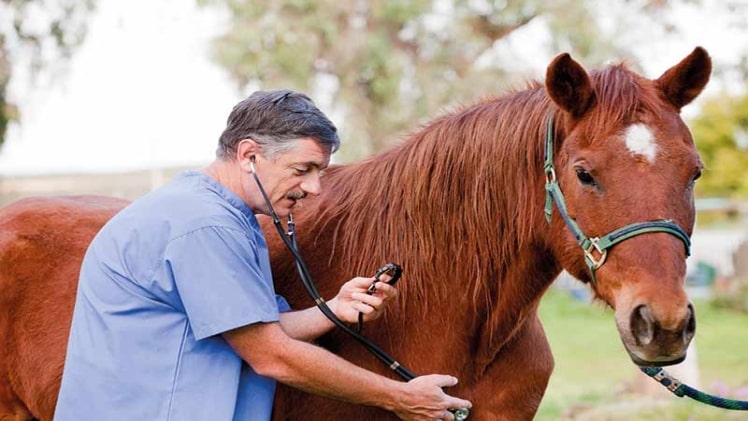A regular schedule of wellness exams is essential to your horse’s overall health. They form the foundation of your horse’s preventive care plan and help keep minor issues from becoming major health concerns.
Your veterinarian will assess your horse’s coat, weight, legs, and feet, check his body condition score (BCS), and perform a basic neurologic exam. She’ll also look for any obvious lameness issues and subtle gait inconsistencies that could be a precursor to future musculoskeletal problems tvboxbee.
Preventive Care
Preventive care is the most effective way to maintain your horse’s health. It includes vaccinations, deworming, bloodwork, dentistry, and monitoring overall well-being.
Vaccinations are essential in preventing serious infectious diseases like West Nile virus and Encephalitis. Your vet will work with you to determine the suitable vaccine protocol for your horse and its circumstances.
Your veterinarian will discuss your horses’ daily routines and other factors such as travel, boarding, competition, or live-out acreage that may influence the types of vaccinations needed.
All horses should have a preventive care check-up with their vet at least once each year, or more often if your horse is older or if you have concerns about its health. This includes a physical examination, as well as blood and stool testing.
Early Detection
Early detection can lead to more effective treatment and better outcomes for your horse. This means that it’s important to schedule regular veterinary check-ups for your horse.
During these visits, your vet will examine your equine’s body to determine its weight, temperature, heart rate, soundness and rhythm, and lungs. He or she will also check for signs of dehydration, electrolyte imbalance, anemia, and organ dysfunction.
In addition, they will inspect the teeth of horses and make sure that they’re free from retained “caps” (baby teeth) and sharp points or edges. This will allow your veterinarian to determine whether or not your horse requires a dental procedure.
Researchers at the Western College of Veterinary Medicine in Kalamazoo are testing biomarkers originally developed to detect insulin resistance in people, which could help veterinarians diagnose horses with this condition early. Insulin resistance, which causes horses to gain weight, is a significant risk factor for developing laminitis, which can be painful and debilitating.
Prevention – Maintain Well-being
Your horse is an integral part of your family; the key to their well-being is maintaining optimal health. This involves a combination of prevention and early detection of problems, saving you time and money and allowing your vet to focus on more serious issues as they arise.
One of the cornerstones of preventive care is annual spicecinemas veterinary check-ups. These visits often include vaccinations, dental exams, bloodwork, and nutrition consultations.
During the wellness exam, your veterinarian will thoroughly evaluate all the organs and systems in your horse. He or she will evaluate heart rate, gut sounds, and lung fields by auscultation with a stethoscope.
The equine vet will also examine your horse’s coat, eyes, and ears. He or she will be looking for signs of injury, infection, or poor nutrition.
Regular Veterinary Check-ups and Treatment
Regular veterinary check-ups are essential to your horse’s health and well-being. They are a chance to catch small clues indicating an illness or problem before it becomes serious and expensive.
Your vet can detect subtle changes in your horse’s breathing, heart rate, eyes, skin, and ear health that could be signs of pain or disease. He or she can also find early symptoms of glaucoma, high blood pressure, certain cancers, fungal infections, and more.
Foals, for example, need to visit the vet more often than adult horses because they need a series of vaccines at a young age. They must also be treated for parasite infestations that can cause severe problems if left untreated.
At these regular visits, your veterinarian will perform a complete physical exam. They will assess your horse’s coat, weight, size, and muscle tone to determine its body conditioning score (BCS) on a scale from 1 to 9 therightmessages.

